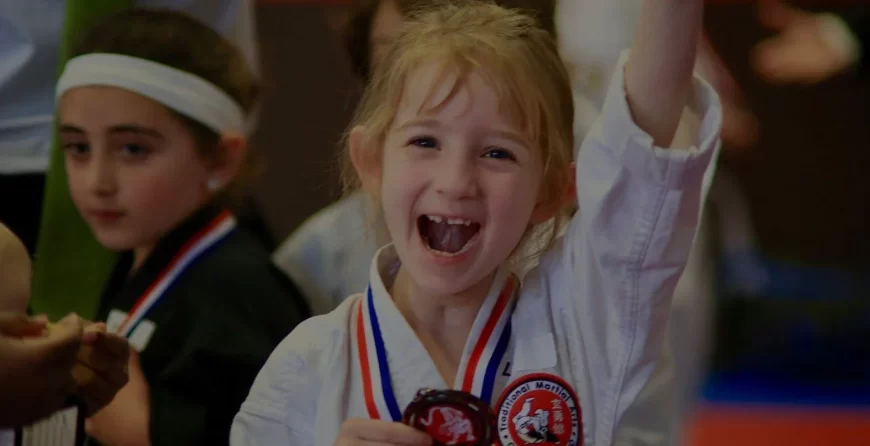
Martial arts training is a holistic and immersive journey that transcends mere physical exercise; it encompasses a rich tapestry of physical, mental, and spiritual development. Rooted in centuries-old traditions, martial arts have evolved into a diverse array of disciplines, each with its unique techniques, philosophies, and cultural influences. Whether one delves into the fluid motions of Tai Chi, the explosive strikes of Karate, or the grappling techniques of Brazilian Jiu-Jitsu, martial arts training is an exploration of self, a dynamic fusion of art and discipline that extends far beyond the confines of the training space.
Martial arts, with their origins deeply rooted in ancient cultures, have transcended their historical roots to become a global phenomenon. Beyond the physical techniques and self-defense skills, martial arts training has the power to bring about profound transformations in individuals’ lives. This article explores the multifaceted ways in which martial arts can positively impact and change lives.
Physical Fitness and Health Benefits:
Martial arts are renowned for promoting physical fitness. Training involves a combination of cardiovascular exercises, strength training, and flexibility drills. Regular practice can lead to improved endurance, agility, and overall physical well-being. Moreover, engaging in martial arts can be an effective way to manage weight, reduce the risk of chronic illnesses, and enhance cardiovascular health.
Discipline and Focus:
One of the core tenets of martial arts is discipline. Practitioners adhere to strict training regimens, follow a code of conduct, and learn to respect their instructors and fellow students. The repetitive nature of martial arts drills instills a sense of focus and concentration. This discipline and focus cultivated in the dojo often extend to other aspects of life, including work, academics, and personal relationships.
Self-Confidence and Empowerment:
Martial arts training builds self-confidence by pushing individuals out of their comfort zones. As practitioners master new techniques and face challenges, they develop a belief in their abilities. The process of setting and achieving goals within the martial arts framework can be translated into increased self-esteem and a sense of empowerment in daily life.
Emotional Regulation and Stress Relief:
The mental aspects of martial arts training are as crucial as the physical. Techniques such as meditation and controlled breathing are integral components of many martial arts disciplines. These practices not only enhance emotional regulation but also serve as effective stress relief mechanisms. The ability to stay calm under pressure, learned through martial arts, is a valuable skill applicable in various life situations.
Respect and Humility:
Martial arts emphasize the importance of respect, both for the art itself and for others. Instructors instill a sense of humility in students, teaching them that true strength is coupled with respect and compassion. This emphasis on respect and humility contributes to the development of individuals who are not only skilled in self-defense but are also responsible and considerate members of their communities.
Community and Camaraderie:
Martial arts training often occurs in a communal setting, fostering a sense of camaraderie among practitioners. This shared journey towards self-improvement creates a supportive community where individuals encourage and inspire each other. The relationships formed in the dojo can extend beyond training sessions, creating lasting bonds that contribute to a sense of belonging.
Crisis Management and Adaptability:
Martial arts teach individuals how to respond effectively to unexpected challenges. Through simulated combat scenarios and dynamic training, practitioners develop quick thinking, adaptability, and the ability to assess and respond to crises. These skills are invaluable in navigating the uncertainties of life outside the training space.
Conclusion:
In conclusion, martial arts training goes beyond the acquisition of physical skills; it is a transformative journey that positively impacts various aspects of an individual’s life. From physical fitness and discipline to emotional regulation and community building, the benefits of martial arts extend far beyond the dojo. As individuals engage in the rigorous yet rewarding practice of martial arts, they not only enhance their ability to defend themselves but also equip themselves with the tools to lead more fulfilling and enriched lives.
